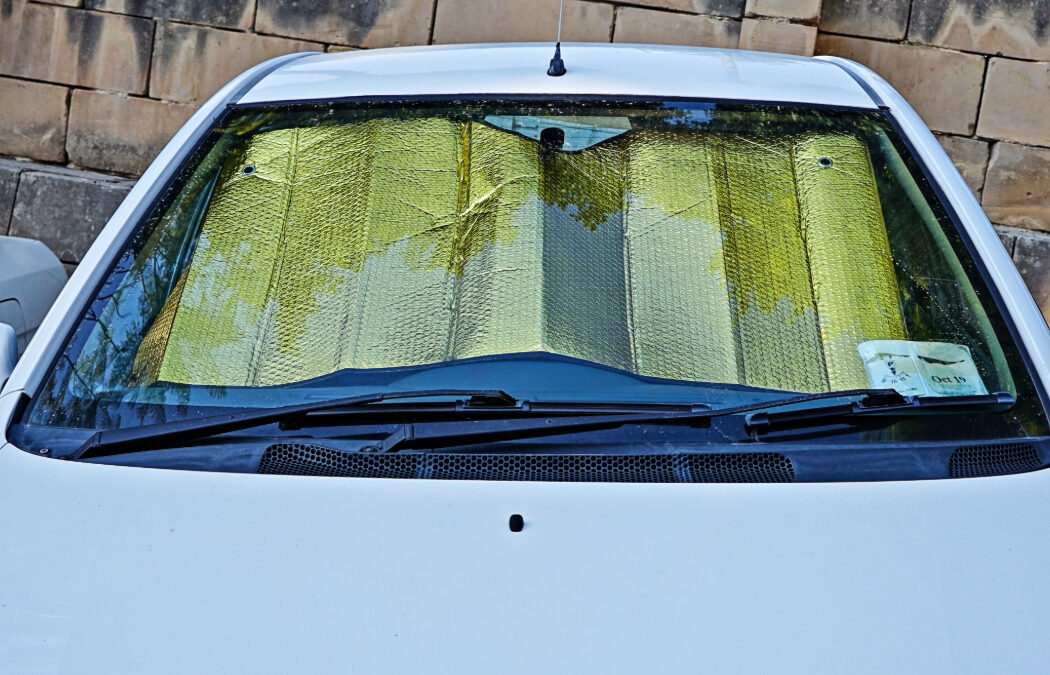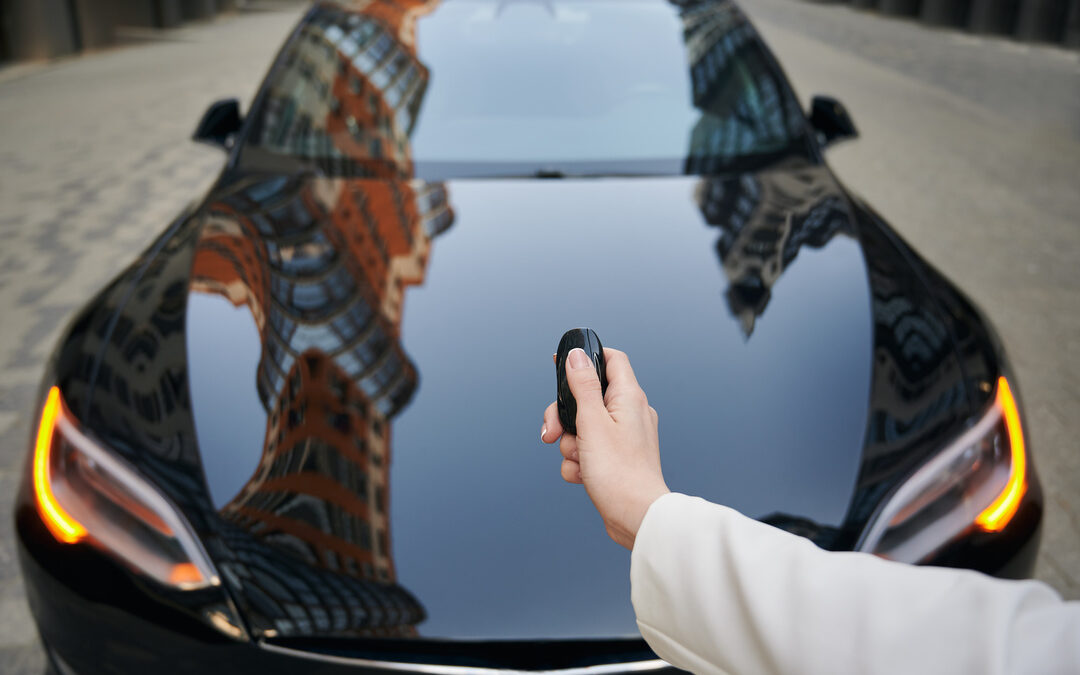Massachusetts has strict rules when it comes to vehicle window tint. But if you have a legitimate medical condition that requires extra protection from sunlight, you may qualify for a medical window tint exemption. This waiver allows you to legally install darker tint than what the law normally allows.
Here is a simple, step-by-step guide on who qualifies, what forms you need, where to apply, and how to avoid problems with police once your exemption is approved.
Who Qualifies for a Medical Tint Exemption in Massachusetts
Medical tint exemptions are only granted to Massachusetts residents who have certified health conditions that require protection from sunlight or bright light. Some of the most commonly approved conditions include:
- Lupus
- Melanoma and other skin cancers
- Albinism
- Photosensitivity from medications or medical treatments
- Severe light sensitivity caused by eye disorders
The state requires a licensed medical provider to certify the condition. That means your doctor must sign and complete the official exemption form explaining the medical need.
Required Forms, Documents, and Medical Conditions
To start your application, you need the Tinted Glass Waiver Form available on the Massachusetts RMV website. This form must be completed and signed by both you and your medical provider.
Be prepared to provide:
- Your driver’s license and registration
- Your vehicle’s year, make, and VIN
- A medical statement with your diagnosis and the reason for light sensitivity
- Your doctor’s license number and contact information
Once completed, the form must be mailed or delivered to the RMV’s Medical Affairs Branch.
For extra clarity, the exemption process is outlined in detail in our post on how we review tint shops, which covers what your installer should know when applying medical-grade film.
Where and How to Submit Your Exemption Request
The completed form must be sent to:
Medical Affairs Branch – RMV
P.O. Box 55889
Boston, MA 02205-5889
You can also deliver the form in person to an RMV branch that handles medical reviews.
After submission, allow several weeks for processing. Once approved, you’ll receive a waiver certificate that must be kept in your vehicle at all times. This document proves to law enforcement that your tint is legal.
To avoid delays, make sure your doctor’s notes are clear, complete, and signed correctly. Any missing information can result in denial or slow processing.

What to Expect After Approval (And How to Avoid Issues with Police)
Once your medical tint exemption is approved, your certificate becomes a critical document. Keep a physical copy in your glove box and a digital backup on your phone.
Police officers in Massachusetts are trained to spot illegal tint. If you are pulled over, calmly present your certificate and explain that your tint is medically approved. This will prevent tickets, fines, or forced removal of the film.
It also helps to use an installer who understands how exemptions work. Make sure they apply the correct film, document the light transmission levels, and follow the standards.
Start the Process Today and Drive Legal with Your Tint
Medical tint exemptions in Massachusetts are available for those who genuinely need them. If you suffer from a medical condition that puts you at risk in the sun, you should not have to choose between health and legal compliance.
By following the proper process, you can stay protected, drive legally, and avoid unnecessary stress.
Need help choosing the right shop for your medical tint installation?
Visit Mass Tint Guide directory to find verified professionals who understand exemption requirements and install film that complies with Massachusetts law.
Start your exemption process today and get the protection you need.



0 Comments